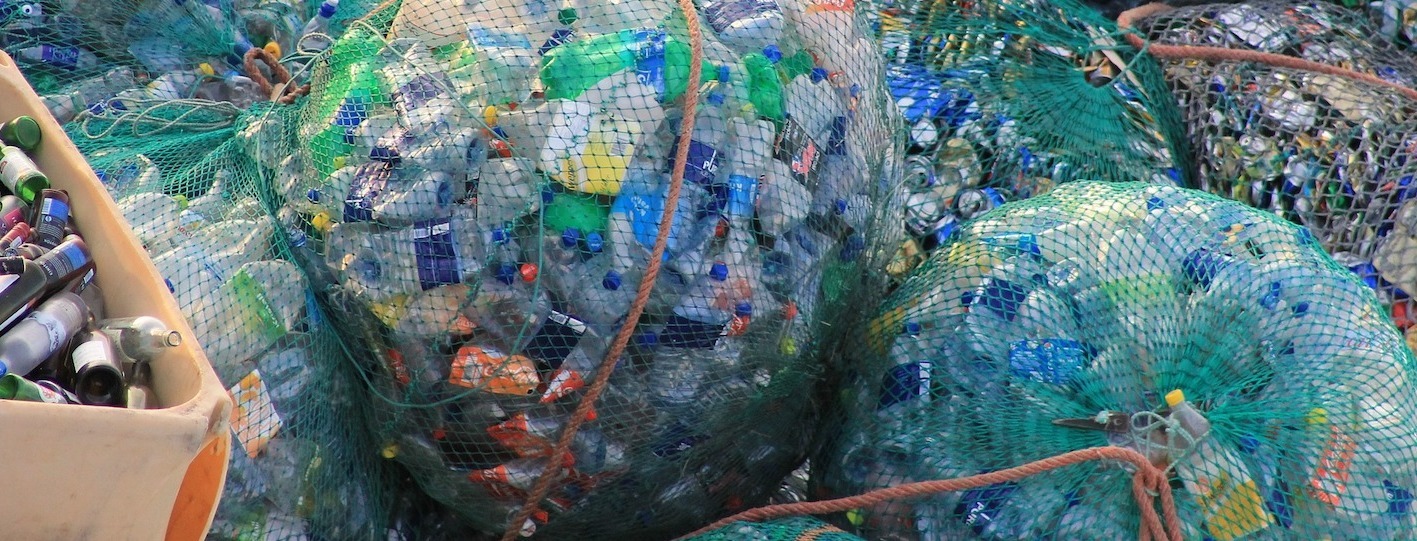
In March, leaders and representatives from 175 countries endorsed a historic resolution at the United Nations Environment Assembly (UNEA) to end plastic pollution through agreement on an international legally binding agreement – known as an “instrument” or “treaty” – by the end of 2024. The agreement is expected to address the full life cycle of plastics and to promote sustainable production and consumption of plastics through product design and environmentally sound waste management. Executive Director of the United Nations Environment Programme (UNEP) Inger Andersen said the proposed Plastics Treaty, if adopted, will be “the most significant environmental multilateral deal since the Paris accord. It is an insurance policy for this generation and future ones, so they may live with plastic and not be doomed by it.” The UN mandate calls for broad stakeholder participation in developing the treaty including not only governments from all over the globe, but also business, industry and indigenous representatives.
What role will Surfrider and our international affiliates play in shaping the Global Plastics Treaty?
Our Plastic Pollution Initiative team is working to ensure the United States commits to an ambitious, action-driven approach to the treaty that includes commitments to reduce single-use plastic production, support reuse and refill markets, and end plastic pollution by 2040. (Surfrider's own strategic plan calls for an end to single-use plastics in the U.S. by 2035!) In November, we joined with more than 60 other environmental and environmental justice organizations signing on to a letter to Assistant Secretary of State for Oceans and International Environmental and Scientific Affairs Monica Medina calling for robust U.S. participation in the first meeting of the Intergovernmental Negotiating Committee for a Global Plastics Treaty. That meeting is taking place this week from Monday, Nov. 28 through Friday, Dec. 2 in Punta del Este, Uruguay, and is expected to be the first of five meetings over the next two years.
The letter urges Assistant Secretary Medina to negotiate the most ambitious and appropriate agreement possible, including one that might require the adoption of new federal legislation to implement it, to recognize the environmental and the health impacts of plastics throughout the entire production cycle, to phase out the production of hazardous polymers and additives, to support non-toxic reuse through the adoption of global minimum standards and incentives, and to address the concerns of communities affected by plastic production and pollution from incinerators.
The harm plastic production and pollution takes on our ocean, air, waterways, economy and human health is well-documented. The Surfrider Foundation has successfully helped pass legislation to reduce plastic pollution at the local, state and national levels for more than a decade and supported similar efforts internationally. Following this week’s Intergovernmental Negotiating Committee (INC) meeting, we will continue to push for change at the federal level through legislation such as the Break Free From Plastic Pollution Act and ensure the U.S. sets the highest possible example as the Global Plastic Treaty discussions move forward.
Further reading
- Meeting in Uruguay marks major step in Global Plastics Treaty
- A Step Closer to An International Treaty on Plastics – Surfrider Europe
- Plastic in Paradise – Solving a Worldwide Trash Problem Requires a Global Solution
- Fighting Plastic Pollution Across the Globe: Surfrider Presents at International Conference
